What is the lifecourse approach to ageing?
From the moment we are born, we all begin ageing. This is the start of a complex and varied lifecourse. Each of us live through different events, we make choices, we face the consequences of policies and systems, and intersecting forms of discrimination that influence our lives. As we grow older, the impact on us of these different experiences accumulates.
The characters in the animation above experienced complex and varied lifecourses. Events, choices, policies and discrimination impacted them at the time, but also long into their future. At the same time, as they grew older, their age intersected with other characteristics, which meant they faced complex and unique forms of marginalisation and discrimination in older age.
Below we have more detail on each of the animation’s stories to further illustrate the consequences of discrimination and the accumulation of disadvantage across the lifecourse in older age.
Jose
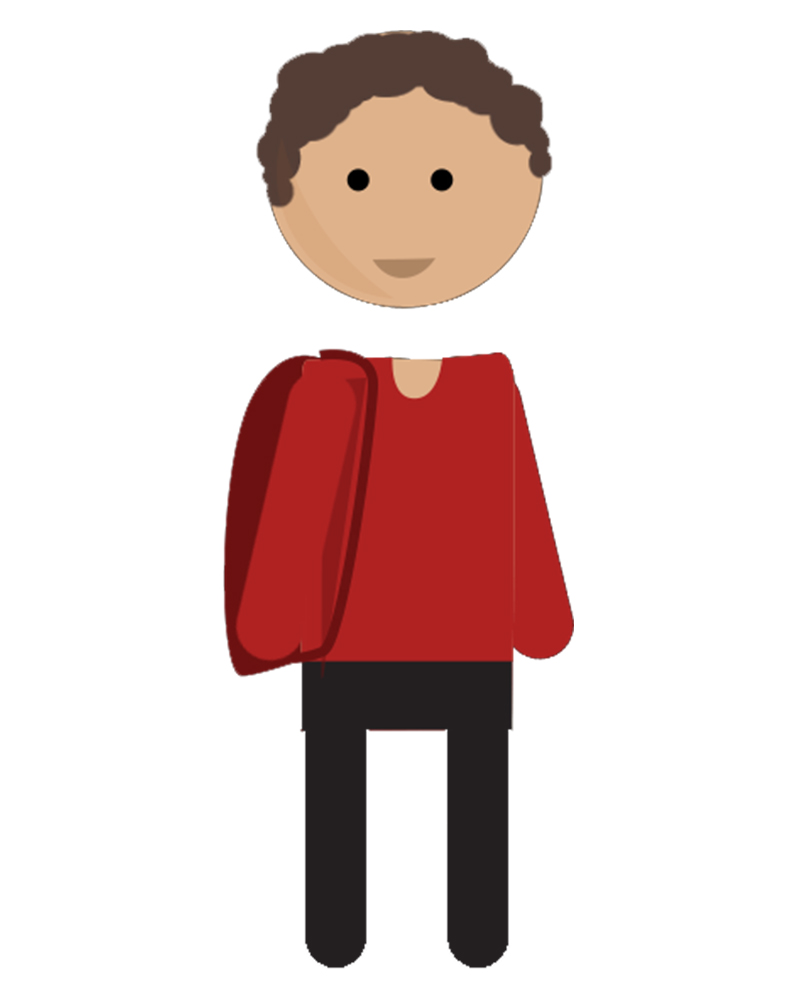
Jose was lucky enough to go to a good school. He moved to the city, which meant he had a better chance at getting a good job with a pension that provided financial security for his future.
However, living in a city also meant Jose was physically inactive during his adulthood. He enjoyed a diet high in calories, fat and sugar. As he grew older, Jose carried the accumulated impact of his unhealthy lifestyle and he was diagnosed with diabetes.
Following his diagnosis, and after a long and successful career, Jose began feeling isolated and depressed as he realised he had few meaningful social connections outside of his workplace.
Our privilege and discrimination changes as we age. While being a man meant Jose generally had better opportunities available to him throughout his life, in older age the absence of stronger social connections that women often enjoy meant he felt less of a sense of purpose.
Despite having a relatively good life, Jose still faced challenges in older age as many of the privileges and advantages he enjoyed throughout life became less relevant as he was increasingly marginalised.
Analyn
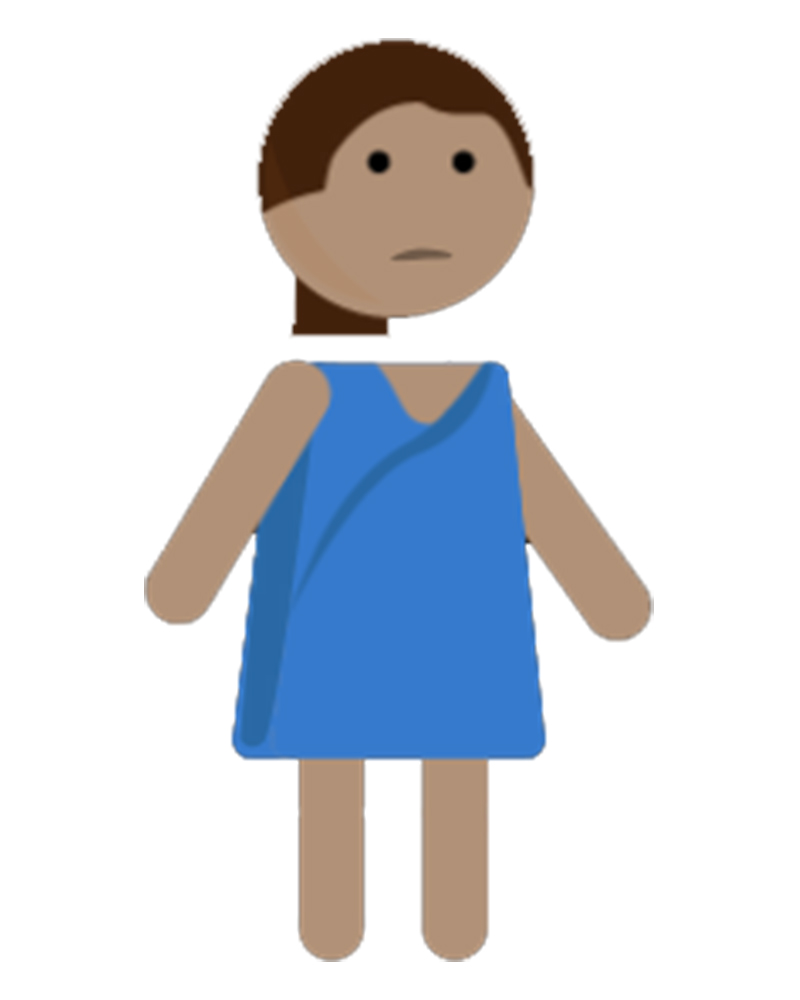
As a girl, Analyn did not have the opportunity to go to school. This had consequences throughout the lifecourse. She worked at a market, but her income was low and insecure.
She wanted to make sure she could pay for her children to go to school and enjoy the education she never had. Yet, in older age when her financial insecurity was a challenge for her, she also did not want to feel like a burden to her children.
A social pension was introduced by the government. This went some way to mitigate against the negative consequences of Analyn’s lack of education as a young girl, and her lifetime of insecure informal work. However, the high cost of medicine and food in the local market means her pension did not go far.
Policies and programmes need to recognise the accumulated consequences of Analyn’s disadvantage throughout life in order to better address her rights in older age.
Halima
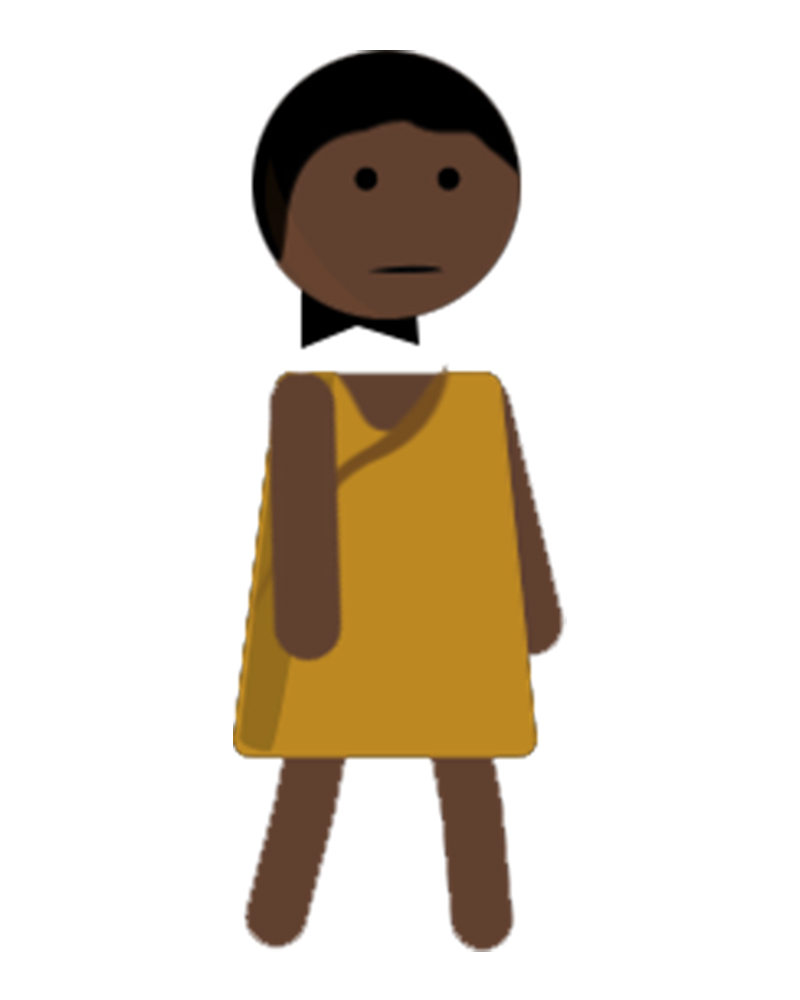
Halima developed a fistula whilst giving birth to her son. Although the surgery to repair this issue is relatively straightforward, the medical facilities and financial resources to carry out the procedure were not available. This meant Halima suffered from incontinence her entire life.
Her husband threw her out and she found it very difficult to find work. She was ostracised by the community because of her foul smell.
As she grew older, the consequences of the marginalisation she experienced increased as she struggled to pay for medicine to treat her hypertension and had the added responsibility of looking after her older sister.
Policies and programmes failed to help Halima in earlier life when a simple operation could have improved her future, while a lack of income and support in older age meant she continued to struggle.
Varun
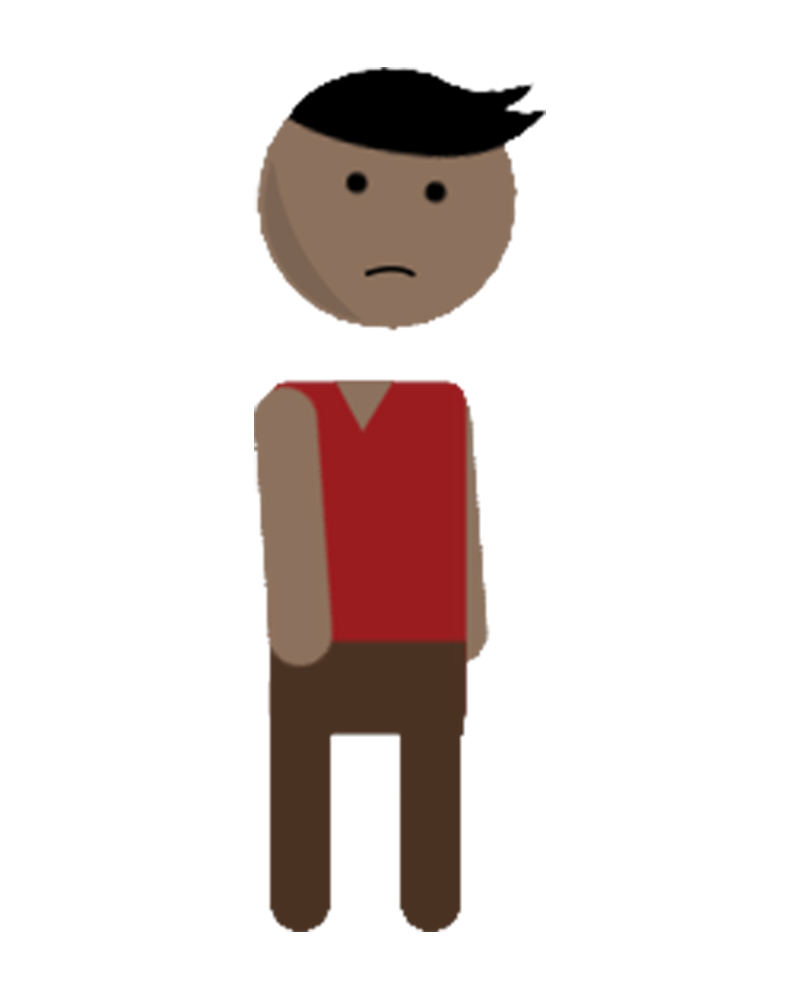
Refusing to accept his gender identity, Varun’s family rejected him and he was forced to live on the streets.
He was the victim of physical attacks and discrimination made it very difficult to find work.
Community health programmes helped deal with some of the problems he faced from being homeless, such as skin infections. But a lifetime of marginalisation and low income meant as he grew old, he suffered depression and social isolation.
As an older transgender man, his experience of older age is radically different to those whose gender identity matches the sex they were assigned at birth. Uniform policies and programmes targeted at older people often fail to address the specific and unique ways in which his rights are denied.
Policies and programmes
We all experience ageing in a different way. We benefit from growing experience and knowledge, and form meaningful relationships with family and friends.
But we also carry the cumulative impact of challenging life experiences and discrimination along the way.
How policies and programmes are implemented affects our lives across the lifecourse and influences our wellbeing in old age. In designing policies, we must look forward at their impact in our older age, but also look back and respond to older people’s diverse past experiences to ensure we achieve the 2030 Agenda Sustainable Development Goals and the commitment to “leave no one behind”.
Comparative perspectives on how lifecourse events, choices and systems impact on inequalities in older age can be found in a series of journal articles published in the Journal of Population Ageing, Volume 9, Issue 1-2, June 2016.
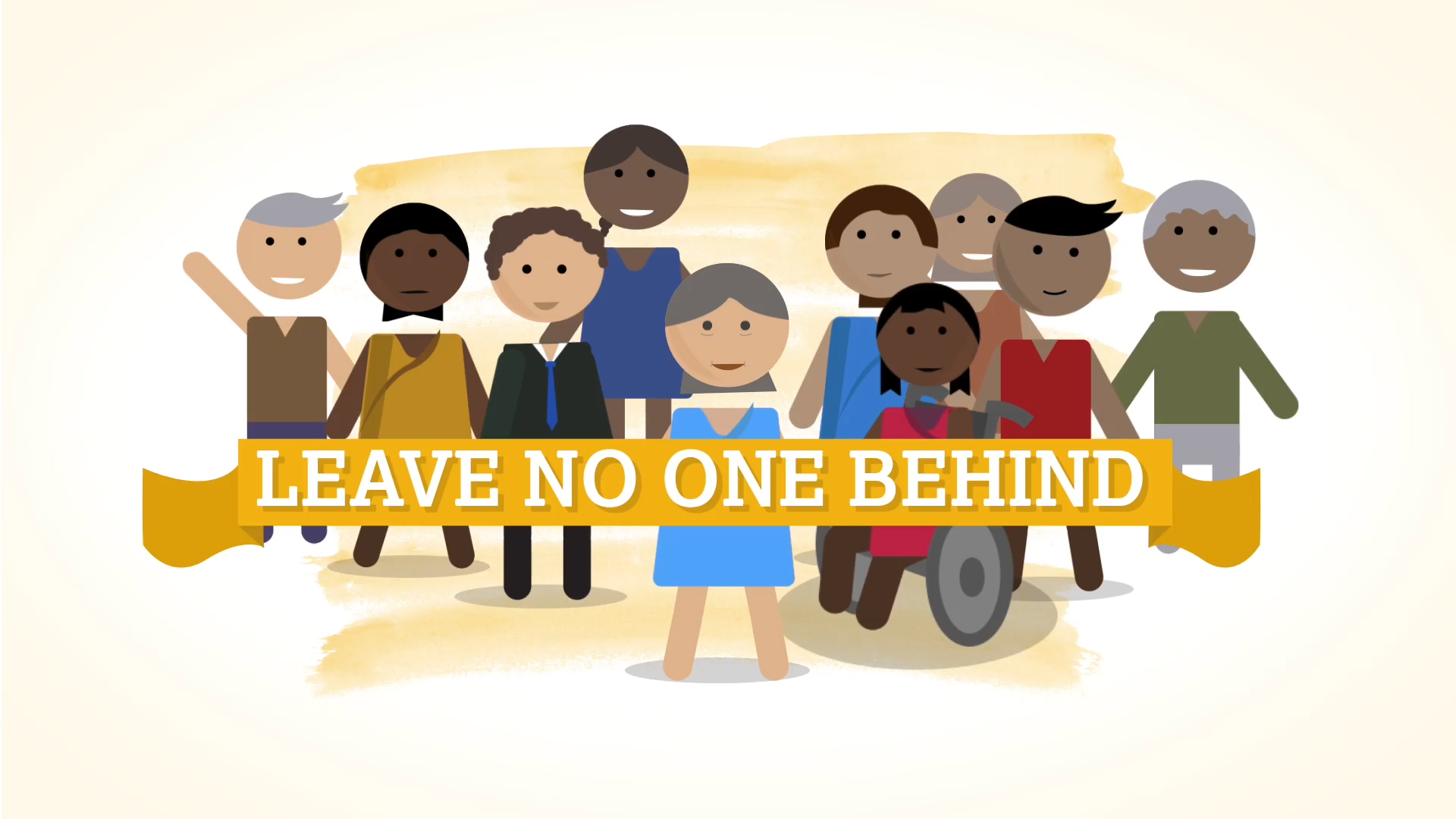
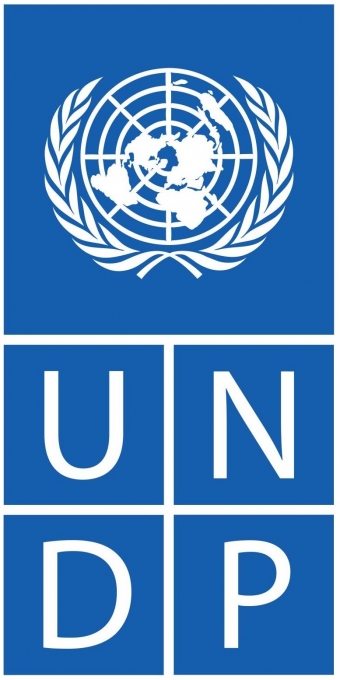
The development of this animation and the information on this webpage has been made possible thanks to the close partnership and support of the UNDP.
